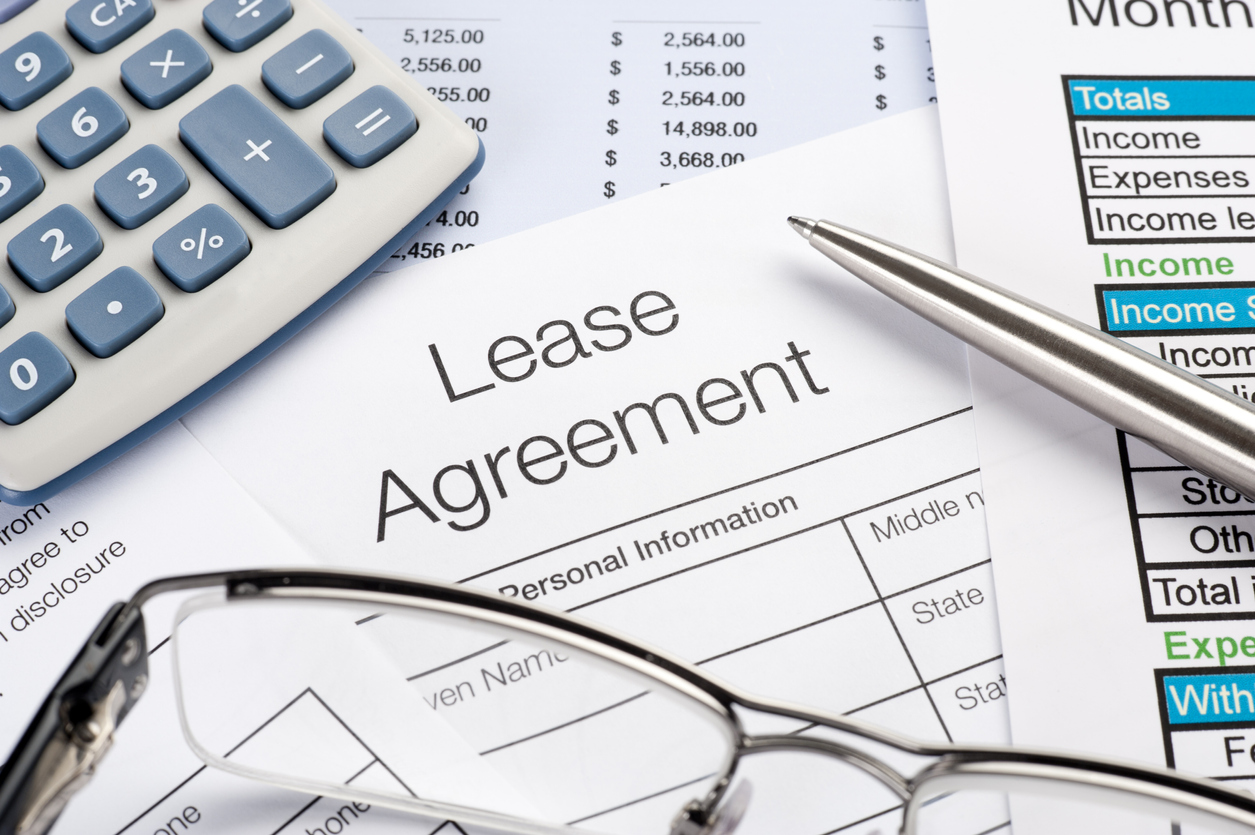A shopping centre lease agreement is used to formalise the agreements between the shopping center’s landlord and the person leasing the space.

A shopping centre lease agreement is used to formalise the agreements between the shopping center’s landlord and the person leasing the space. A shopping centre lease, often known as a private contract, will specify the agreed-upon rate and the period of the lease. The renters may be at a disadvantage when entering into the agreement since the landlord has greater expertise negotiating business contracts. The landlord’s lease will not benefit the renter. As a result, an attorney should evaluate the contract for conditions that are detrimental to the tenant.
Table of Contents
Limitations and Responsibilities of Tenants
The following are the tenant’s responsibilities:
Pay a basic fee depending on the square footage of the shop.
You will be paid a portion of your gross sales (in some cases, not all).
Pay a share of the costs associated with the upkeep of the shopping center’s communal spaces.
Contribute to the retail center’s property taxes.
The tenant may request that the lease contain a “option to renew” provision, which allows them to continue using the facility after the initial lease expires. Other features that may be mentioned in the lease include the constraints on what alterations to the area may be made, such as:
Redecoration.
Repainting.
The lease agreement may restrict the sorts of companies that may operate in the area as well as the distance between the company and any competitors’ enterprises.
What to Think About When Renting a Shopping Center Space
The lease agreement should be scrutinised for tenant-impacting terms. Here are some examples of clauses and nuances to watch out for:
Taxes and other governmental costs are reimbursed to the tenant.
Poorly drafted terms that change the amount owed by the tenant (can be an increase or a decrease).
Confirm that all of the fine print has been read and understood.
The lease agreement should not be seen as a non-negotiable offer by tenants. The lease should be thoroughly examined and negotiated. Landlords do not want vacancies and will work hard to fill all of their available spots. Avoid signing the lease as is, or boilerplate, since such conditions are meant to favour the landlord and are difficult to negotiate once the lease is signed.
Do not sign the leasing agreement until you have thoroughly reviewed it. Allow enough time to study the contract, negotiate, and have legal counsel evaluate all aspects. Do not succumb to the pressure to sign too fast.
When looking out for the tenant, particularly small company renters, negotiating a shopping centre lease may be tough. Furthermore, landlords may charge extra fees, increasing the overall overhead for the renter. This might include marketing and maintenance costs.
The following are the measures to take while negotiating a shopping centre leasing agreement:
Examining the leasing agreement
Noting any modifications, comments, or concerns about the contract’s substance and phrasing.
Meeting or conference call to go through updates, comments, and concerns.
As needed, I will negotiate and compromise.
Important Lease Provisions
Several significant lease clauses will be included in shopping centre leases, such as:
The hours and days that the shop must be open. Most of the time, the business must be open at the same time as the other merchants in the shopping centre. If the company operates on nonstandard hours, this must be discussed in the lease.
Co-tenancy clauses safeguard the tenant from any income loss when anchor tenants shut their stores, resulting in decreased foot traffic. This likewise holds true for the proportion of companies in the retail complex.
Common Area Maintenance (CAM) expenses will be provided along with the tenant’s portion of the costs, generally in accordance to square footage.
The lease deal may contain exclusivity, which prevents rivals from leasing space in the same retail mall. The lease agreement must explicitly state the conditions of exclusivity.
The tenant with the most seniority receives exclusivity conditions. Before signing, any possible new renters must certify that they are able to conduct their company as required.
If any of the lease requirements are violated, the lease will specify the penalties that will be imposed. Penalties may include monetary penalties, lease termination, and the landlord’s inability to rent to the rival.
Copy and paste this <iframe> into your site. It renders a lightweight card.
Preview loads from ?cta_embed=1 on this post.